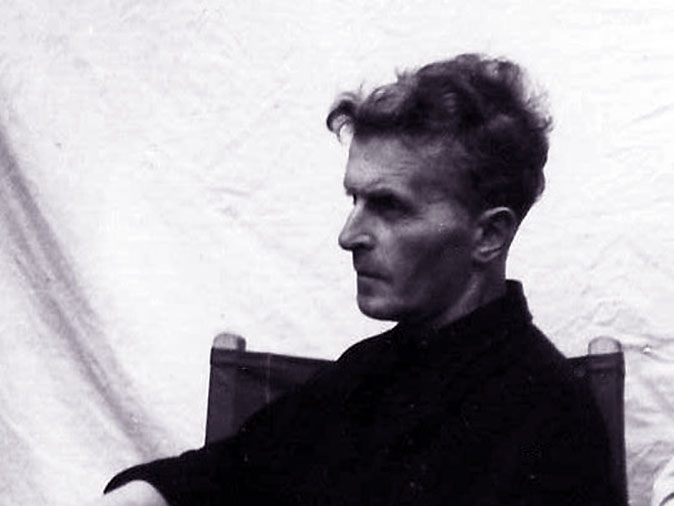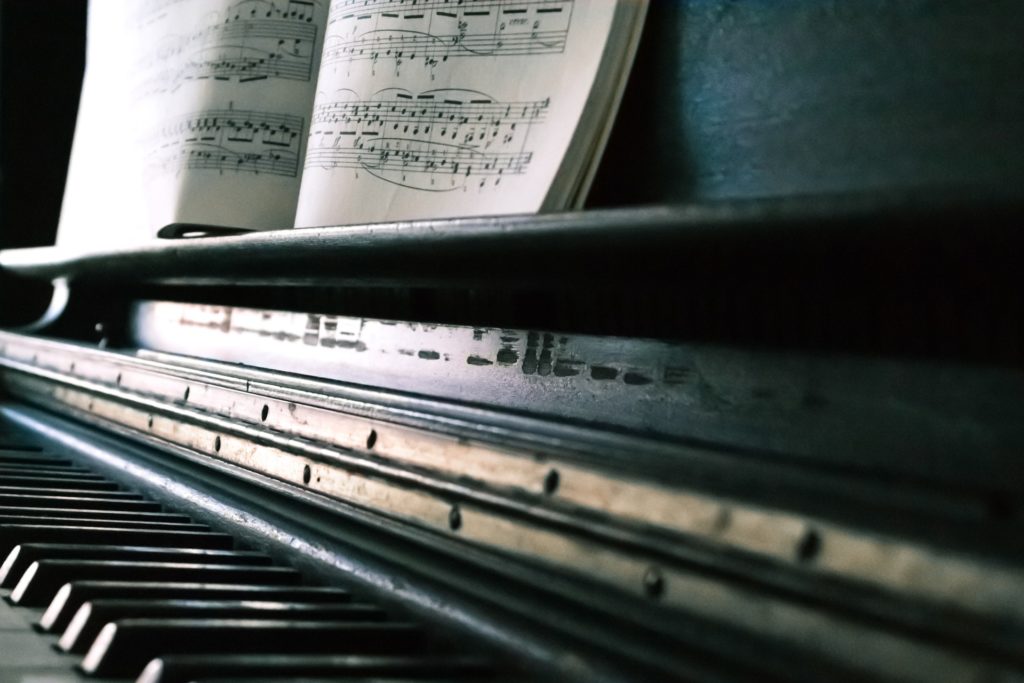
Ludwig Wittgenstein’s Thoughts on Music and Aesthetics
Wittgenstein is mostly known for his Tractatus Logico-Philosophicus and his works on philosophy of language such as the Brown and Blue book, made even more interesting by the fact that he made a shift from his analitical side to a more contextual and flexible side.
In the begining he was a part of the logical positivism, along with his teacher Bertrand Russell who described Wittgenstein as a genius. Later he focused on how we understand language, the use of language and the philosophy of the mind. But he always held an interest in art, poetry and most of all music.
Even though he was interested in music, there is not much written about the topic, however there are some thoughts scattered throughout his works, mostly his later ones.
Aesthetics
He approaches aesthetics from critical point of view, by being against the traditional notion of aesthetic, which according to him is a very conceptual thing, and this makes art very elusive.
Aesthetic satisfaction, for Wittgenstein, is an experience that is only possible within a culture and where the reaction that constitutes aesthetic satisfaction or justification is both more immediate, and vastly larger and more expansive, than any simple mechanistic account could accommodate. It is more immediate in that it is not usually possible to specify in advance the exact conditions required to produce the satisfaction, or, as he discusses it, the “click” when everything falls into place.
Understanding Language Through Music

He uses music in many cases to help explain his main issue which was language. There is a notion that was proposed by Wittgenstein which is the “language games”, these are linked to the fact that the meaning of language is given by its context and the use of said language, more than just abstract concepts, and according to the philosopher, music fits very well into this notion.
What we call “understanding a sentence” has, in many cases, a much greater similarity to understanding a musical theme than we might be inclined to think. But I don’t mean that understanding a musical theme is more like the picture which one tends to make oneself of understanding a sentence; but rather that this picture is wrong, and that understanding a sentence is much more like what really happens when we understand a tune than at first sight appears. For understanding a sentence, we say, points to a reality outside the sentence. Whereas one might say “Understanding a sentence means getting hold of its content; and the content of the sentence is in the sentence.
Here, Wittgenstein explains that understanding language and the words used is not as simple as having the idea in your head and pointing to the corresponding thing, it’s actually more like when we encounter a song and we start to get familiarized with it by listening.
Understanding Music
However, what does Wittgenstein think about music itself? what does it mean to understand music?
He uses an example to describe
Understanding and explaining a musical phrase. -Sometimes the simplest explanation is a gesture; on another occasion it might be a dance step, or words describing a dance. – But isn’t understanding the phrase experiencing something whilst we hear it? . . . Are we supposed to imagine the dance, or whatever it may be, while we listen? . . . If seeing the dance is what is important, it would be better to perform that rather than the music. But that is all misunderstanding.
What Wittgenstein wants to explain is that if we try to understand music as a mental process in which we have a concept or a gesture to represent the sound then we wouldn’t find satisfaction or any kind of accurate representation of what music is. Instead he says that music must be just like how we get familiarized with language.
To really learn the meaning of the words and understand them, we must experience them, thus, knowing concepts wouldn’t take us far. If we take away the words as we know them, we would make gestures or any other way of communicating in a specific context.
In music, according to Wittgenstein, the only way to truly understand music is to have a certain degree of skill and knowledge of music in terms of its history, instruments and how it works. In this sense, music could be a form of language that has to be experienced in order to be understood.
Of course, when it comes to philosophy, the idea is not to take the words like science but rather thoughts that might light a few bulbs along the way.


